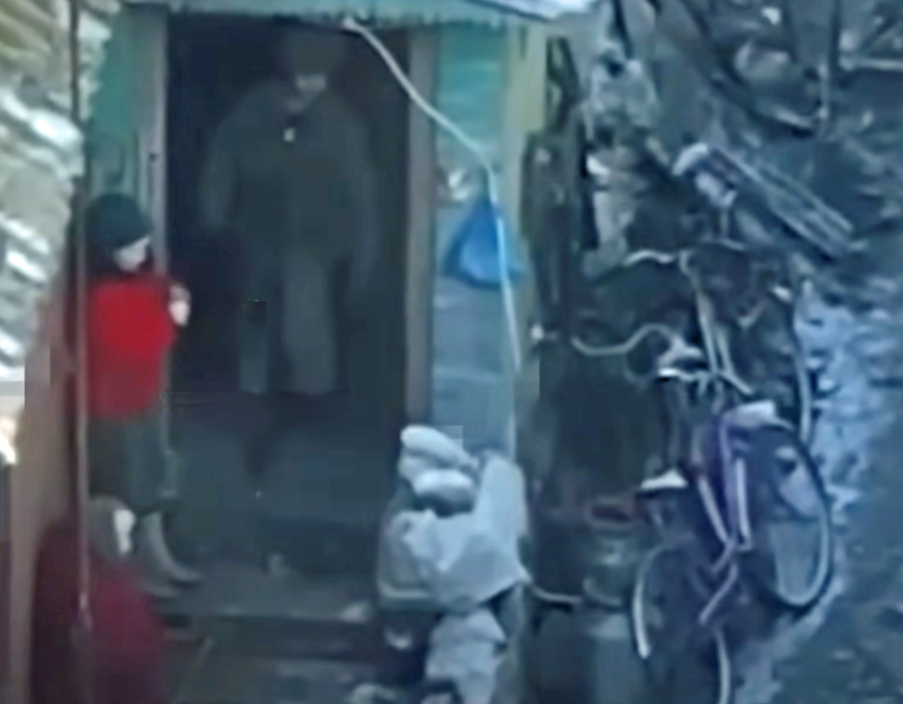Thousands of pro-Europe protesters rallied Sunday in Georgia against the government's decision to shelve European Union accession talks, marking the 11th consecutive day of demonstrations amid a post-election crisis.
The country's pro-Western opposition and the president rejected the ruling Georgian Dream party's claimed victory in Oct. 26 parliamentary polls and tens of thousands had taken to the streets against alleged electoral fraud.
JOIN US ON TELEGRAM
Follow our coverage of the war on the @Kyivpost_official.
Prime Minister Irakli Kobakhidze's shock decision last week that EU-candidate Tbilisi will not seek the opening of accession talks triggered a fresh wave of protests, which met with a tough police response.
Kobakhidze has labelled the protesters as opposition-controlled "violent groups", claiming their attempted revolution "has failed" and -- using language reminiscent of Kremlin rhetoric against its political opponents -- threatened to punish "liberal fascists".
But the largely peaceful protests have shown no signs of abating, even though turnout by the end of the week was slightly lower compared to previous days.
Riot police used tear gas and water cannons to disperse the rallies and the interior ministry said Sunday that 402 protesters had been arrested since Nov. 28, including "more than 30 on criminal charges" and the remainder for administrative offences.
The Georgian Dream government's critics accuse it of creeping authoritarianism and of steering the country back towards Russia.

Georgian Opposition Appeals for Immediate EU Sanctions on Pro-Russian Leaders
- 'Can't scare us' -
On Sunday evening, thousands of people gathered outside the parliament building in the capital Tbilisi, some demonstrators banging on the metal barriers blocking the parliament's entrance, waving EU flags and loudly blowing horns and whistles, an AFP reporter witnessed.
City authorities began setting up a giant Christmas tree on the pavement outside parliament during the day, but the installation quickly became a symbolic battleground for protesters.
Demonstrators hung on the tree's metallic framework photos of individuals reportedly beaten by police -- their faces swollen and bruised -- alongside fliers reading "Bloody Christmas tree."
"It's not time for celebrations now," said Nino, 27. The authorities "can't scare us... we are not going to stop."
As thousands rallied on Saturday outside parliament, dozens of unidentified masked men stormed the offices of the For Change opposition alliance, brutally assaulting opposition figure Koba Khabazi.
The attackers then severely beat two journalists from the independent television station Pirveli as police officers stood by without intervening during the incident near the protest venue.
The Georgian Dream government's security forces had faced persistent accusations of deploying plainclothes security agents to target and attack political opponents.
Kobakhidze announced on Saturday the government's "plan to introduce legislation prohibiting participants at gatherings from concealing their faces using any means".
The measure "is crucial for preventing violence", he told a news conference.
- 'Alarming repression' -
Georgia's pro-Western President Salome Zurabishvili -- at loggerheads with the ruling party -- said on social media Saturday that she had had an "in-depth discussion" with US president-elect Donald Trump and French leader Emmanuel Macron in Paris.
She said they had discussed the "stolen election and extremely alarming repression against the people of Georgia", adding: "The Georgian people have a friend in Donald Trump."
Ukraine's leader Volodymyr Zelensky – who has warned of Russian influence in Georgia for months -- said Saturday he fully backed Georgia's anti-government protesters.
Zelensky urged Tbilisi to stop "surrendering" to Moscow in a meeting with Zurabishvili in Paris.
Zurabishvili has alleged widespread fraud in October's parliamentary polls, branding the freshly elected legislature and government "illegitimate".
With both sides ruling out a compromise, there appeared to be no clear route out of the crisis.
The United States, France and Germany are among the Western countries to have denounced the crackdown on protests, but the government has refused to back down.
Thousands have also staged daily protests in other parts of Georgia, including the cities of Batumi, Kutaisi, Rustavi, Zugdidi, and Telavi, local media reported.
Critics of Georgian Dream are enraged by what they call its betrayal of the country's bid for EU membership, enshrined in the constitution and supported by around 80 percent of the population.
Georgian Dream, in power for more than a decade, has advanced controversial legislation in recent years, targeting civil society and independent media and curbing LGBTQ rights.
Brussels has warned that such policies are incompatible with EU membership, while domestic detractors accuse the government of copying Russia's playbook.
You can also highlight the text and press Ctrl + Enter






